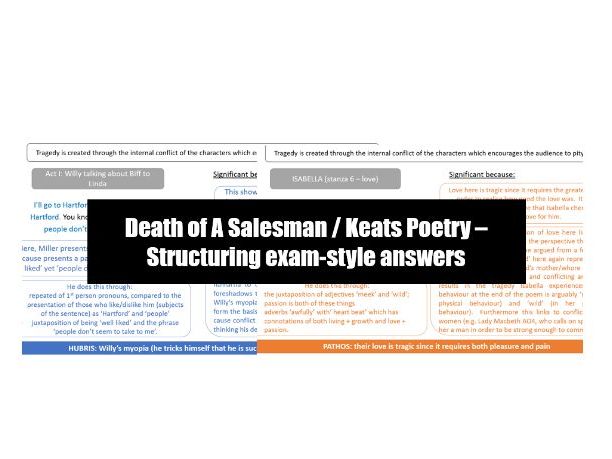Curious Before Breakfast
I am an English teacher who designs resources for KS3, 4 and 5 students with particular focus on AQA GCSE and A-level courses (both literature and language). My resources range from revision booklets to full schemes of learning, and I pride myself on high-quality resources which are engaging and accessible to a range of learners.























